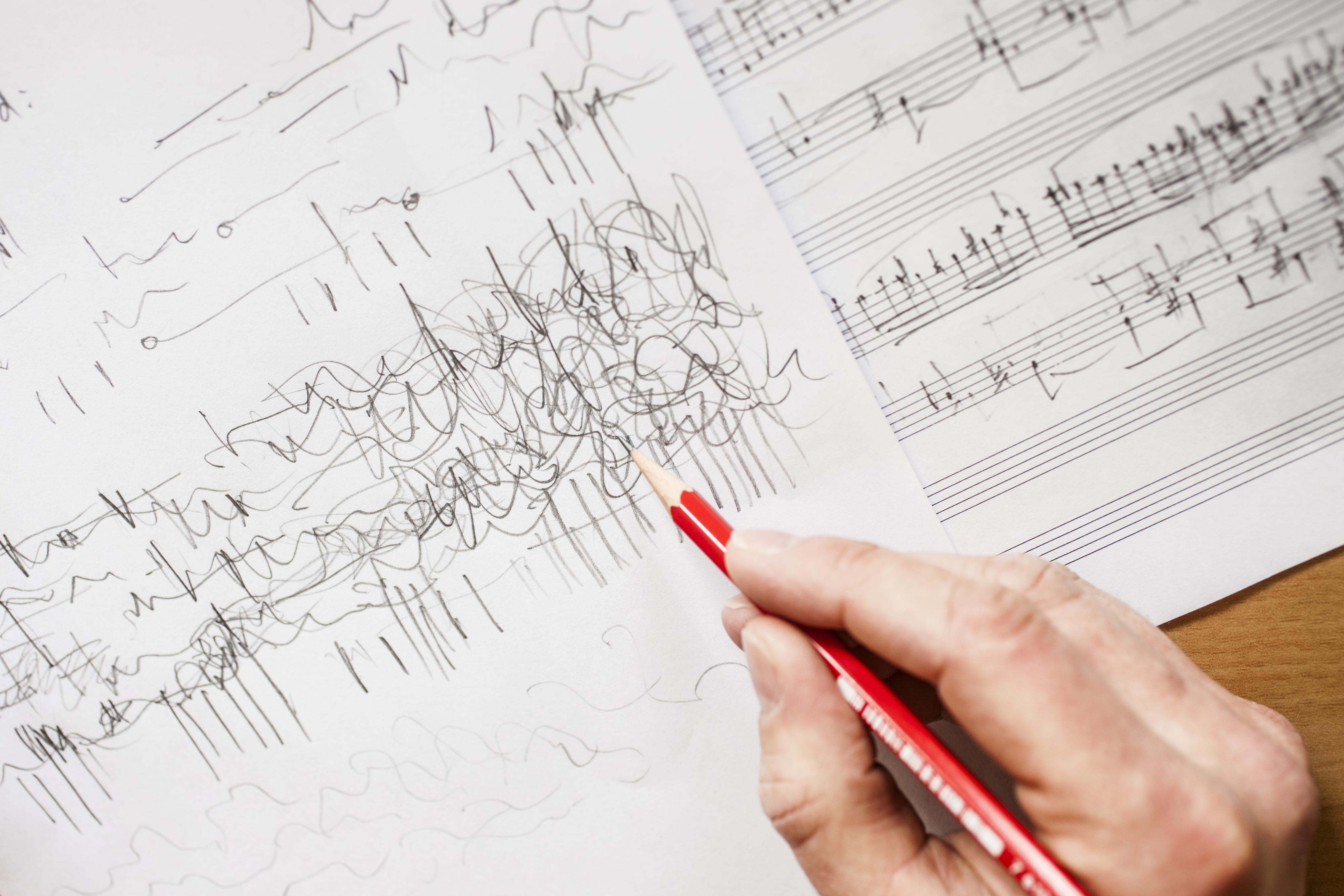Copyright
What is the purpose of the copyright law?
Through their works and performances, creative artists contribute to our country's cultural diversity. However, creative artists are also businesspeople and want to earn something with their works and performances, at least enough to live on. First and foremost, the copyright law guarantees them financial remuneration for the utilisation of their works. Moreover, the copyright law protects artists’ intellectual property in that they are able to defend themselves against misappropriation of their work.
Copyright and collective rights management organisations are a barrier to progress. Why do we need them anyway?
The same question might be posed in relation to patent protection where the Swiss economy has a great deal of money at stake. Copyright is a tool with which to earn something from cultural creativity. It is thus a part of our liberal economic and social order which safeguards property (including intellectual property). And intellectual creations are the driving force of our economy. The collective rights management organisations make it easy for users to obtain the necessary rights. For example, the Swiss societies licence the entire world repertoire in many areas. Because they are able to represent many rightholders (collective management), they also open up new utilisations. TV on mobile phones only became feasible thanks to the ability to acquire the necessary rights through a single body via the collective rights management organisations. At the same time, it ensures that creative artists and the cultural industry are also appropriately remunerated.


